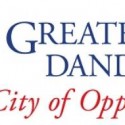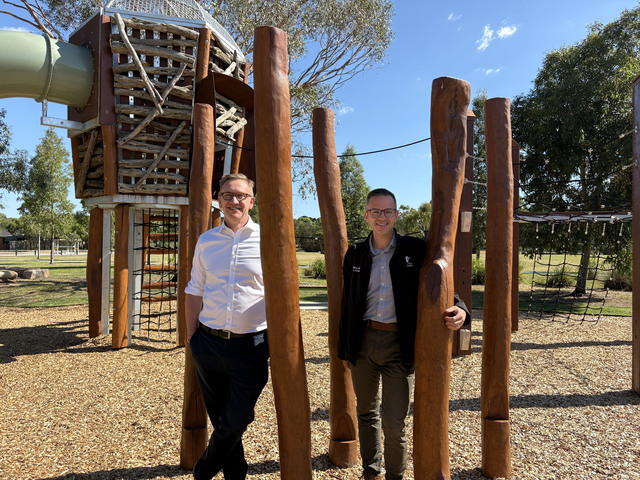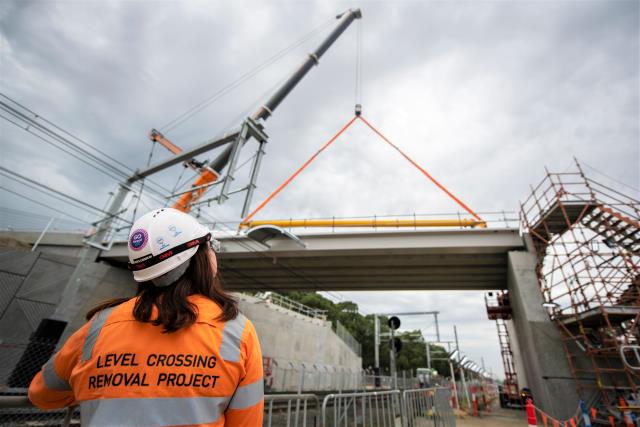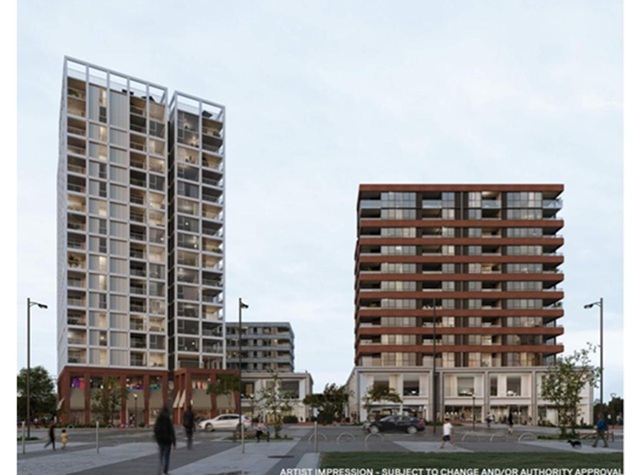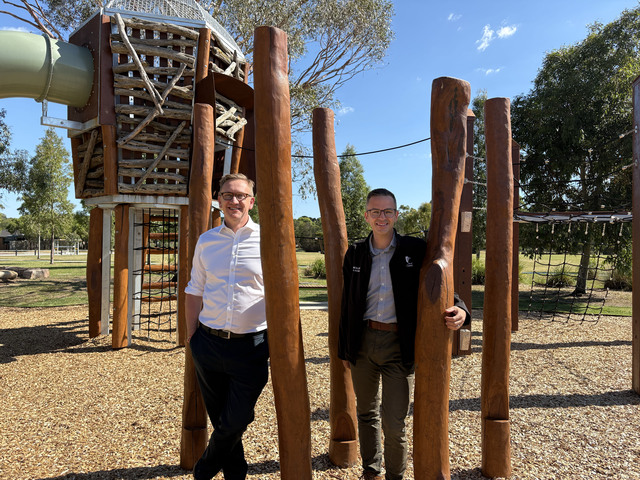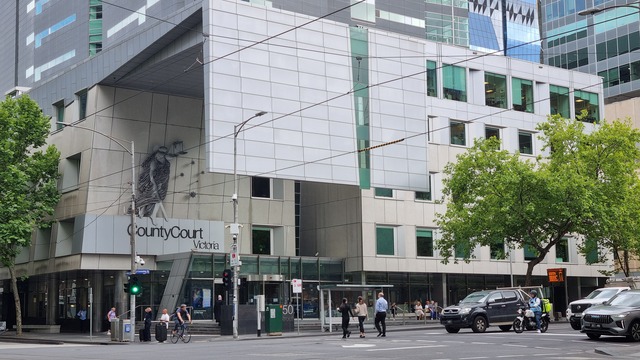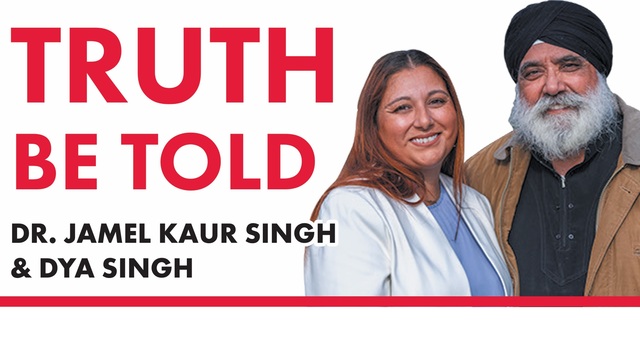By CAM LUCADOU-WELLS
GREATER Dandenong Council will face an “enormously difficult” challenge to win residents’ support for an exemption from rates capping, a council report has stated.
The report tabled at a council meeting on 8 February recommends an “engagement plan” for informing residents why it needs to charge higher than the State Government-imposed rate cap.
It argues that “widespread community dissatisfaction” will make it unlikely for the council to win a rate-capping exemption from the Essential Services Commission in future years.
“Without doubt, any increase in rate revenue is not a popular choice for residents,” the council’s report states.
“To achieve an outcome from community engagement where residents elect for higher rates is going to be enormously difficult to achieve.”
The council can apply to the Essential Services Commission for an exemption from rate capping on a yearly basis, but only if it’s engaged in prior community consultation.
Part of the difficulty is giving residents an “informed view” on the council’s costs and why higher-than-CPI rates are required, the report states.
The report discusses the use of community panels, online budget simulators, on-line forums and surveys to inform residents.
It recommends posting information in the council’s newsletter, website and social media as well as a mail-out in 2016-17.
Under rate capping, the council can increase rates by no more than CPI – or 2.5 per cent – in June’s budget.
This month, Mayor Heang Tak warned of the council facing a “big shortfall” in its financial plans.
The council forecasts a $3 million revenue shortfall as a result, which compounds to more than $50 million over the next five years.
Councillor Matthew Kirwan told the 8 February meeting that the forecasts were “worse than expected”.
Councillor Sean O’Reilly said the financial implications were the second biggest challenge; the “make and break” challenge was communication with residents.
He said councils were getting “squeezed from both ends” – with its costs being inflated by cost-shifting from other tiers of government.
Some councils published regular cost-shifting reports in response, he said.

